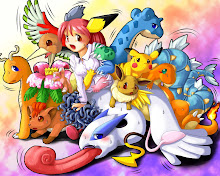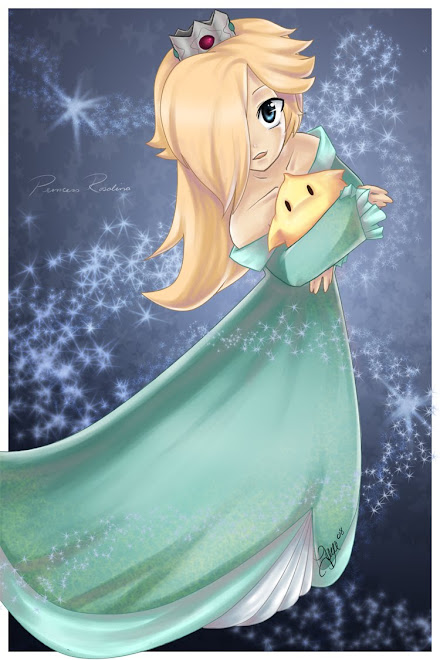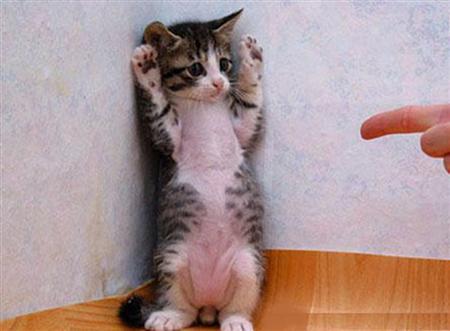Pokémon (ポケモン, Pokemon, English pronunciation: POH-kay-mahn) is a media franchise published and owned by the video game company Nintendo and created by Satoshi Tajiri in 1996. Originally released as a pair of interlinkable Game Boy role-playing video games, Pokémon has since become the second most successful and lucrative video game-based media franchise in the world, behind only Nintendo's own Mario series. Pokémon properties have since been merchandised into anime, manga, trading cards, toys, books, and other media. The franchise celebrated its tenth anniversary in 2006, and as of 23 April 2008 (2008 -04-23), cumulative sales of the video games (including home console versions, such as the "Pikachu" Nintendo 64) have reached more than 186 million copies.
The name Pokémon is the romanized contraction of the Japanese brand Pocket Monsters (ポケットモンスター, Poketto Monsutā), as such contractions are very common in Japan. The term "Pokémon", in addition to referring to the Pokémon franchise itself, also collectively refers to the 493 fictional species that have made appearances in Pokémon media as of the release of the Pokémon role-playing game (RPG) for the Nintendo DS, Pokémon Platinum. Like the words deer and sheep, the word "Pokémon" is identical in both the singular and plural, as is each individual species name; in short, it is grammatically correct to say both "one Pokémon" and "many Pokémon" as well as "one Pikachu" and "many Pikachu". In November 2005, 4Kids Entertainment, which had managed the non-game related licensing of Pokémon, announced that it had agreed not to renew the Pokémon representation agreement. Pokémon USA Inc. (now The Pokémon Company International), a subsidiary of Japan's Pokémon Co., now oversees all Pokémon licensing outside of Asia.
In most incarnations of the fictional Pokémon universe, a Trainer that encounters a wild Pokémon is able to capture that Pokémon by throwing a specially designed, mass-producible spherical tool called a Poké Ball at it. If the Pokémon is unable to escape the confines of the Poké Ball, it is officially considered to be under the ownership of that Trainer. Afterwards, it will obey whatever its new master commands, unless the Trainer demonstrates such a lack of experience that the Pokémon would rather act on its own accord. Trainers can send out any of their Pokémon to wage non-lethal battles against other Pokémon; if the opposing Pokémon is wild, the Trainer can capture that Pokémon with a Poké Ball, increasing his or her collection of creatures. Pokémon already owned by other Trainers cannot be captured, except under special circumstances in certain games. If a Pokémon fully defeats an opponent in battle so that the opponent is knocked out (i.e., "faints"), the winning Pokémon gains experience and may level up. When leveling up, the Pokémon's statistics ("stats") of battling aptitude increase, such as Attack and Speed. From time to time the Pokémon may also learn new moves, which are techniques used in battle. In addition, many species of Pokémon possess the ability to undergo a form of metamorphosis and transform into a similar but stronger species of Pokémon, a process called evolution. Isn't that cool? NOT!
Info from: http://en.wikipedia.org/wiki/Pokemon
Saturday, May 15, 2010
Subscribe to:
Post Comments (Atom)
Look!

photo from api.ning.com/files/1A8Ze1*kcW2YYqGc*2y*TIKJcF...
Awww again

photo from sodahead.com































No comments:
Post a Comment